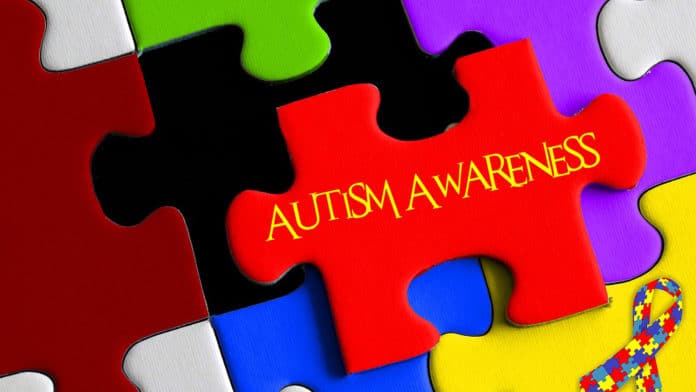Getting a good night’s sleep is the solution to many problems. A study also suggested that a good night’s sleep key for children with autism.
The University of Canterbury (UC) study highlights the association between sleep and behavioral challenges in children with Autism.
This investigation utilized information from earlier research that provided a behavioral sleep treatment program for 41 kids on the autism spectrum, of which 38 were observed to reduce sleep problems.
The study’s lead author, Associate Professor Laurie McLay, said, “Further study found that, as a result of sleep treatment, there were improvements in children’s internalizing behaviors, such as anxiety, depression and social withdrawal, as well as their externalizing behaviors, such as aggression, and autism symptom severity ratings. Small improvements were also found in maternal sleep quality and parental stress levels.”
“This shows the importance of assessing and treating sleep problems as a priority area and an effective means of addressing a variety of challenging behaviors and improving parent and family wellbeing.”
What is considered a good night’s sleep?
We all have trouble sleeping from time to time—the real problem arises when this trouble turns into insomnia.
In terms of the autism spectrum, sleep problems affect between 40-80% of children. This is harmful to the child’s development in many areas of life and adds to the stress experienced by parents and siblings.
Getting good quality sleep can help you feel like your best self. Healthy sleep patterns improve learning, memory, creativity, and mood.
Getting a healthy amount of sleep is a key part of a good sleep pattern. It is recommended that adults should get between 7 and 9 hours of sleep each night and that older adults over 65 years of age should get between 7 and 8 hours.
Evidence suggests that getting continuous sleep serves critical roles in support of our brain and body functioning and that continuous sleep is at least as important as sleep duration.
On this project, Dr McLay worked with a team of researchers including UC’s Professor Neville Blampied and Associate Professor Karyn France. The research was funded by a Health Research Council Emerging Research First Grant. Dr McLay and the research team are also exploring more efficient and accessible models of sleep treatment, as well as the collateral benefits of sleep treatment for children with rare genetic developmental disabilities.
